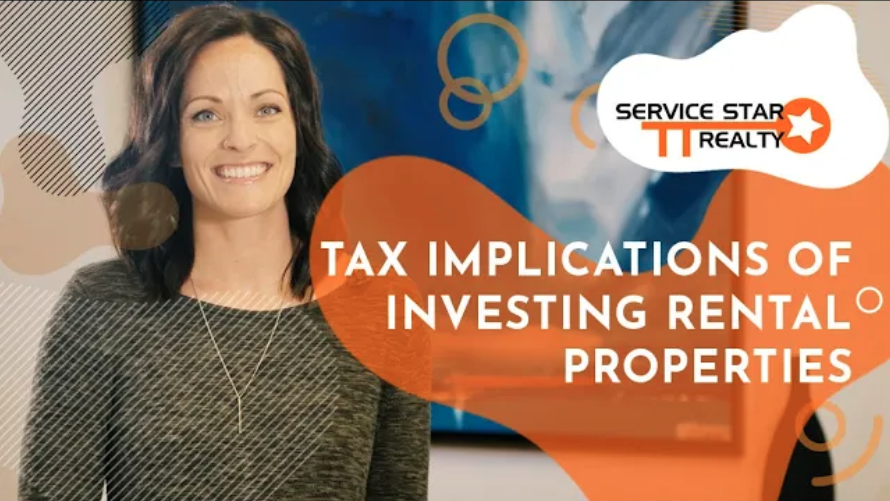Investing in Phoenix rental properties comes with tax benefits as well as a few consequences that you’ll have to be prepared for. Please understand that at Service Star Realty, we are not accountants. We’re sharing information with you from the perspective of a Phoenix property management company. We’re well-versed on what you’ll have to pay and what you can deduct as a rental property owner, but you should always talk to your tax accountant before you make any moves that will impact your financial portfolio and wealth.
Depreciation and Rental Properties
One of the best tax tools for real estate investors is depreciation. This allows you to write off part of the loss of value that any property experiences as it ages. Every property will undergo wear and tear and general deterioration, no matter how great its condition. The IRS has established 27.5 years as the amount of time that residential property depreciations.
You can accelerate the depreciation loss with your rental property, which will help you lower your taxable income even further for the year at tax time. You may choose to depreciate appliances, cabinets, countertops, and flooring on a faster schedule too based on their life expectancy. You will need the help of your tax accountant if you are thinking about doing accelerated depreciation schedules.
Deducting Expenses Associated with Rental Property
Speaking of tax time, do you know what you can deduct as expenses associated with your Phoenix investment property? There are a few things you should always take advantage of when you’re claiming tax benefits.
Insurance costs for your investment properties.
Additional professional fees such as accounting or legal costs.
Interest paid on any mortgage covering your rental property.
Maintenance and accelerated depreciation on household items.
Travel costs involved in visiting your rental properties.
We’ve talked about Phoenix investment property taxes before, so make sure you check out our video blog on the topic.
What Phoenix Property Investors Can Expect to Pay
Arizona law requires owners to register their rental property with the County Assessor. The county taxes your rental at a higher rate than what you pay on your primary residence. Rental registration can be completed online and is mandatory.
There’s also a Transaction Privilege Tax (TPT) which owners must pay. It’s similar to a sales tax on the income you receive and is payable to the city in which your property is located. You need to apply for a TPT tax license, file a monthly tax return, and send in your payment.
Finally, there’s the state and federal income tax that must be paid on any and all of your investment properties.
Capital Gains Taxes and How to Defer Them
When you sell your personal home, you potentially avoid paying capital gains on the first $250,000 of profit, courtesy of the tax code’s gain on sale exclusion. When you sell your rental property, however, your investment doesn’t qualify for this exclusion. You’ll have to pay taxes on any long-term, capital gains from the sale of rental properties that you’ve owned for more than a year.
If you want to defer those capital gains taxes, you might want to consider a 1031 Exchange. In this scenario, you’ll sell one rental property and then use the proceeds to invest in a similar property or a series of properties. It won’t wipe away your tax liability entirely, but it will give you the opportunity to strengthen your investment portfolio and delay paying those taxes.
We can talk to you more about how to maximize your tax benefits and minimize your tax liabilities when it comes to Phoenix rental homes. Contact us at Service Star Realty.
-min.jpg)
Other Blogs to consider:
https://www.leaseaz.com/blog/tax-facts-about-owning-a-phoenix-investment-property
https://www.leaseaz.com/blog/best-areas-in-phoenix-to-buy-a-rental-property
Service Star Realty
1525 N Granite Reef #16, Scottsdale, AZ 85257
(480) 426-9696














